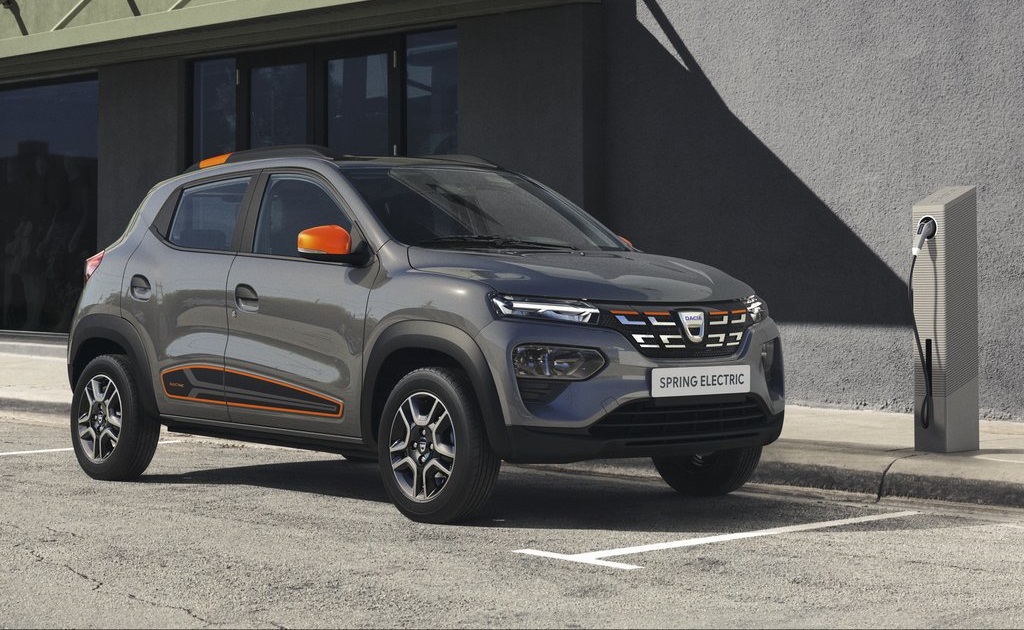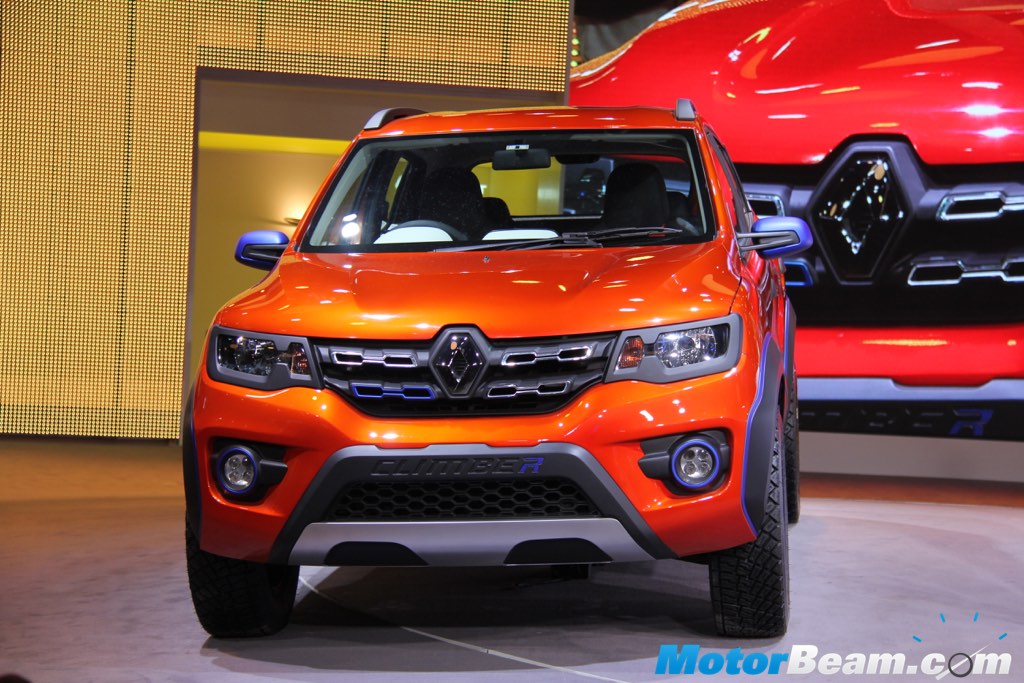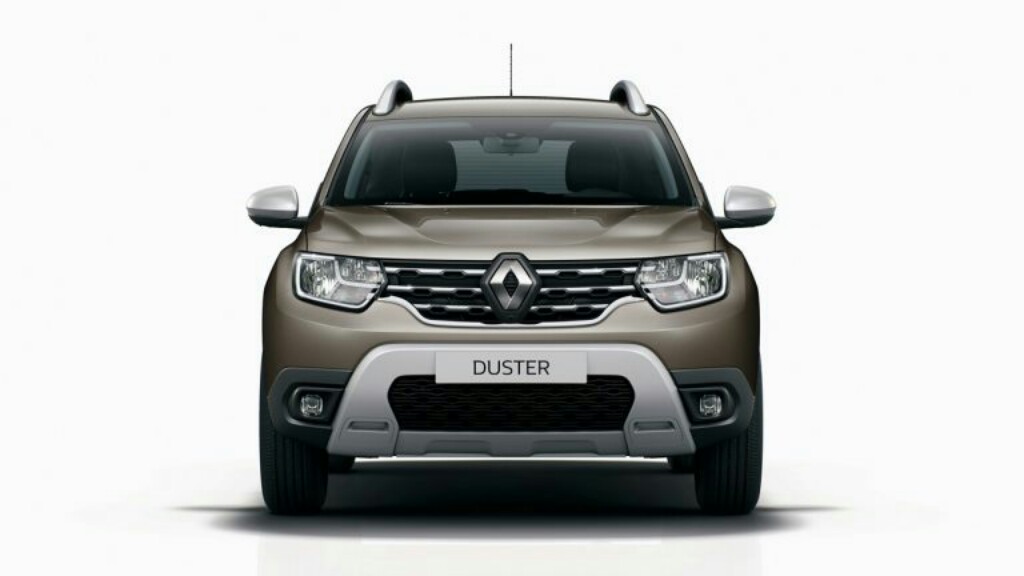
Renault India working on an affordable electric car
In a bid to capture a slice of India’s growing electric car market, Renault is gearing up to introduce a compact electric vehicle designed to take on the Tata Tiago EV. The company has committed an investment of Rs. 5300 crores in partnership with Nissan Motor in India to support its EV ambitions.
Renault’s small EV, which is expected to hit Indian roads within the next 12-24 months, is likely to be based on the Kwid hatchback which is called Dacia Spring in the international market.
The Dacia Spring features a single electric motor generating 45 HP and 125 Nm of torque, coupled with a 26.8 kWh lithium-ion battery, providing a range of 225 km as per the WLTP cycle.
The Tata Tiago EV on the other hand comes in two versions – Medium Range (MR) and Long Range (LR). The MR version gets a 61 HP electric motor and a 19.2 kWh battery, offering a range of up to 250 km (MIDC). The LR variant gets a 75 HP electric motor, a 24 kWh battery, and has a range of 315 km (MIDC) on a single charge.
Renault India’s Managing Director, Venkatram Mamillapalle, revealed that the company plans to introduce an adapted version of the new Dacia Spring by 2024 in the Indian market. The upcoming period from 2024 to 2026 will see 6-9 products from Renault, including mid-cycle enhancements for the existing portfolio, the introduction of B segment SUVs and new variants of existing models.
He emphasised Renault’s commitment to its EV plans, stating that the company is developing an EV for India on the CMF-A platform. While the exact launch timeline remains uncertain, he expressed the intention to incorporate petrol, electric and EV options across the company’s platforms.
Renault’s EVs are expected to have an initial localisation level of 55-60 percent, with a strong emphasis on sourcing batteries and cells locally to reduce costs and promote higher EV adoption. The Managing Director confirmed ongoing discussions with various Indian suppliers for EV components, with the goal of achieving a localisation rate of 85-90 percent.
Despite Renault India facing a slowdown in the sub-Rs. 10 lakh market segment, Mamillapalle remains optimistic about the company’s future prospects. He expects the implementation of a new retail strategy, including mobile showrooms in untapped areas, to boost monthly sales from the current 4500 units to 5500-6000 units.
Renault’s renewed focus also extends to safety standards, with plans to introduce 6 airbags alternatives ahead of government mandates. The carmaker is also working on mid-cycle refresh for the Kwid, Triber and Kiger models.




